ECONOMY
RBI may not cut Repo Rate at June 7 MPC meet amid high inflation
- IBJ Bureau
- Jun 03, 2024
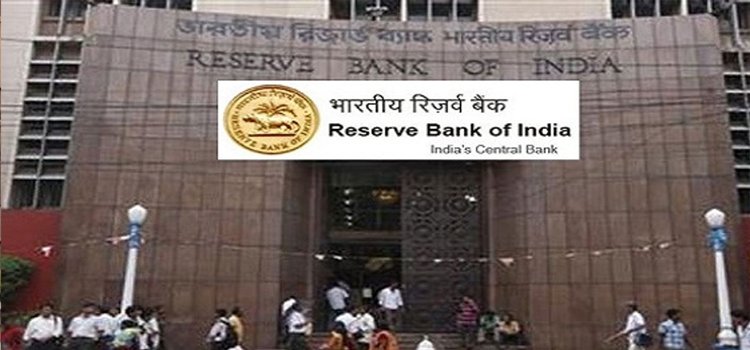
The Reserve Bank of India (RBI) is unlikely to cut the benchmark interest rate at its upcoming monetary policy review meeting, taking place soon after the announcement of the Lok Sabha election results amid inflation challenges, note experts.
The Monetary Policy Committee (MPC) may also refrain from rate cut as economic growth is picking up, notwithstanding the elevated interest rate of 6.5 per cent (Repo) prevailing since February 2023.
The meeting of the RBI Governor Shaktikanta Das-headed MPC is scheduled for June 5 to 7. The decision will be announced on June 7 (Friday). Results of the Lok Sabha elections will be announced on June 4.
The central bank had last hiked the Repo Rate to 6.5 per cent in February 2023, and since then, it has held the rate at same level in its previous six bi-monthly policies.
If the interest rate remains untouched again on June 7, it would be the eighth time for the RBI to maintain the status quo on the benchmark Repo Rate.
On expectations from the June policy, Bank of Baroda Chief Economist Madan Sabnavis opines that economic conditions have largely remained unchanged since the last policy. High-frequency indicators like PMI and GST collections do show that growth is on course.
He further adds that concerns on inflation remain even though the last couple of numbers have come at less than 5 per cent. The ongoing heat wave has affected prices of vegetables in particular, and while the IMD has predicted a normal monsoon, it would be prudent to wait and monitor how it progresses.
ASSOCHAM President Sanjay Nayar too points out that the central bank is expected to keep the Repo Rate unchanged in the ensuing MPC meeting as retail inflation remains above the target of 4 per cent.
“Though inflation has started receding, the macros would become clearer only after the monsoon season plays out in September. To get a sustainable balance between cyclical consumption-driven growth and inflation, investment growth can propel the supply side,” he adds.

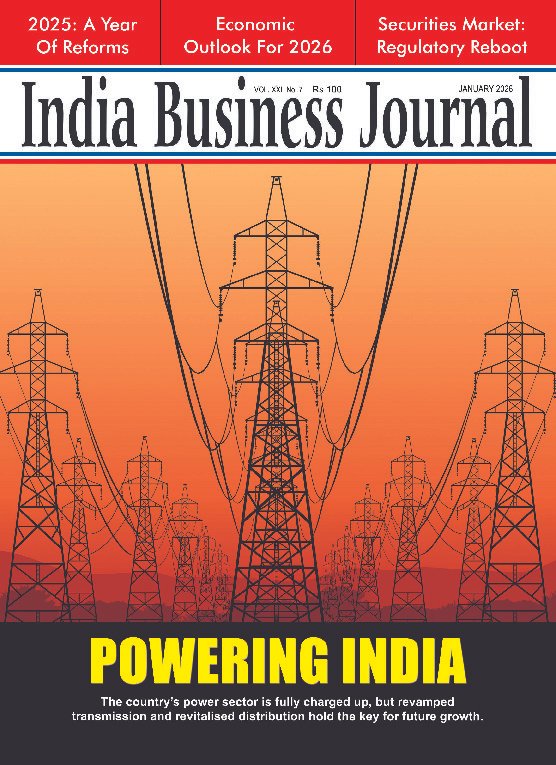

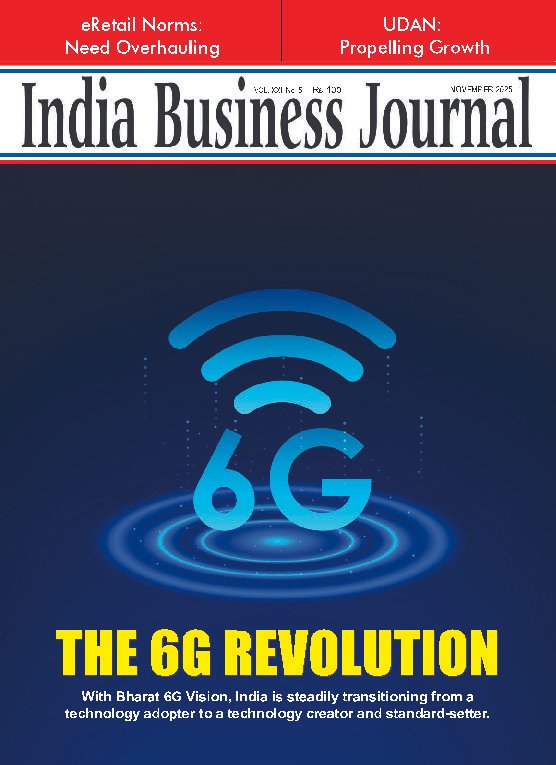
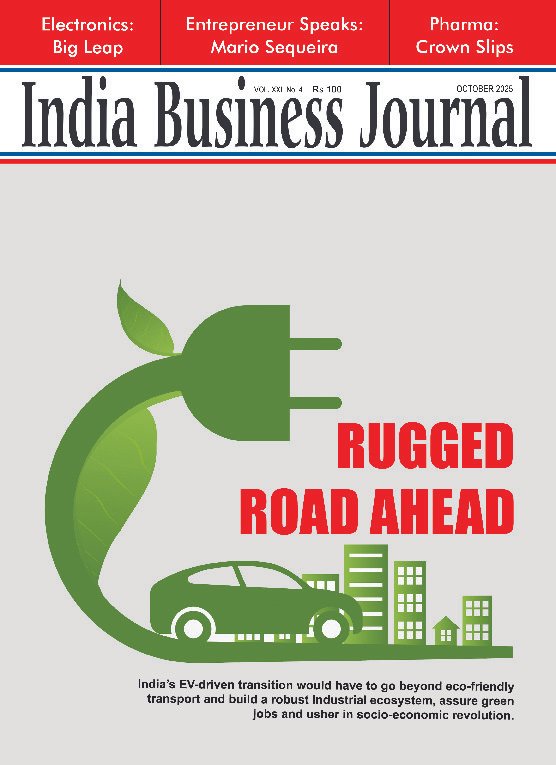
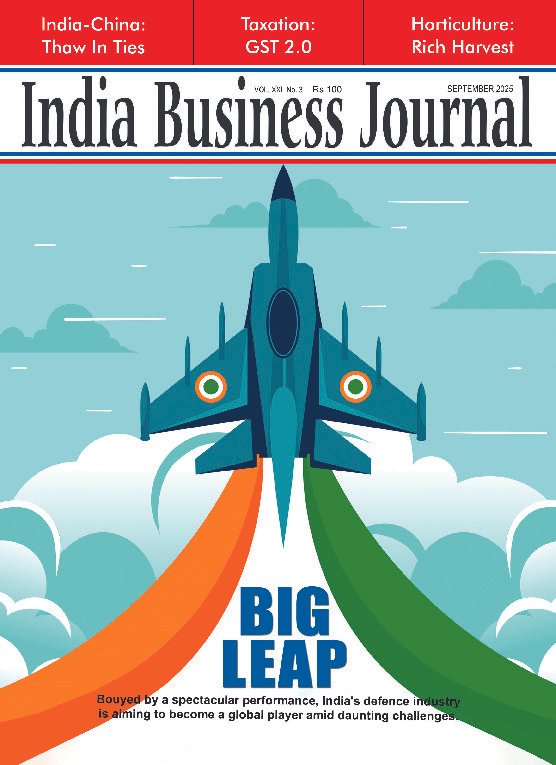







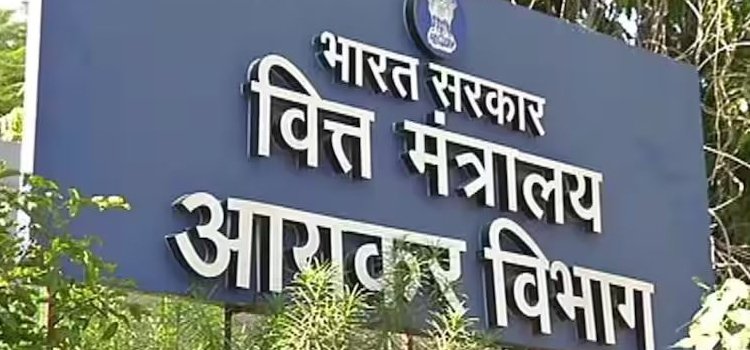







Report By
View Reporter News